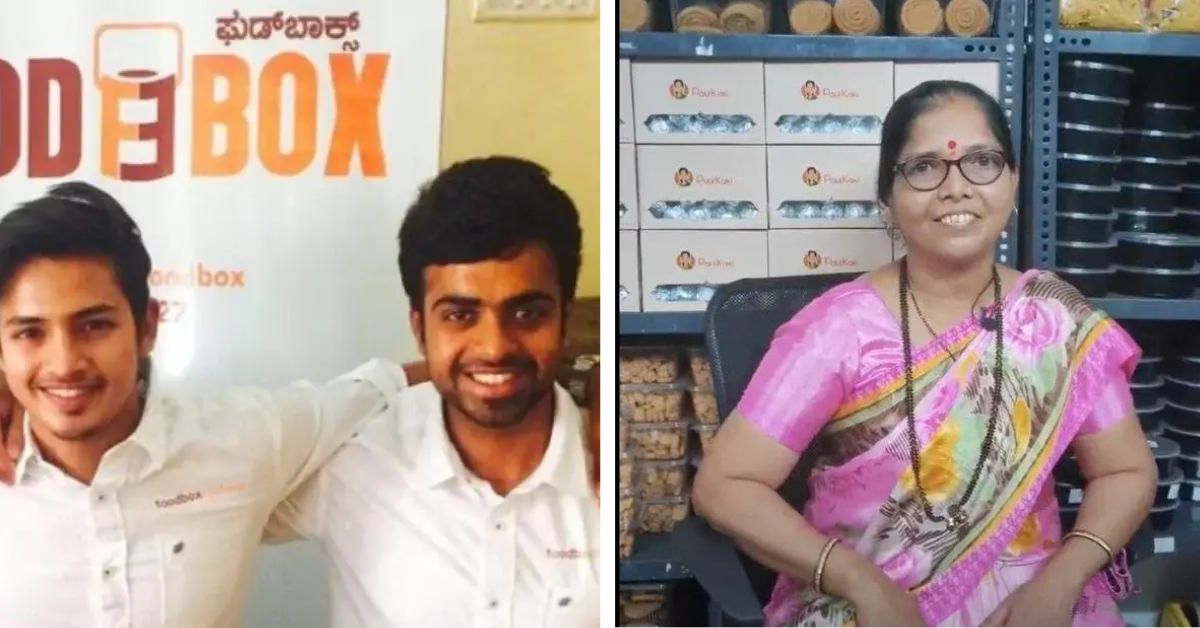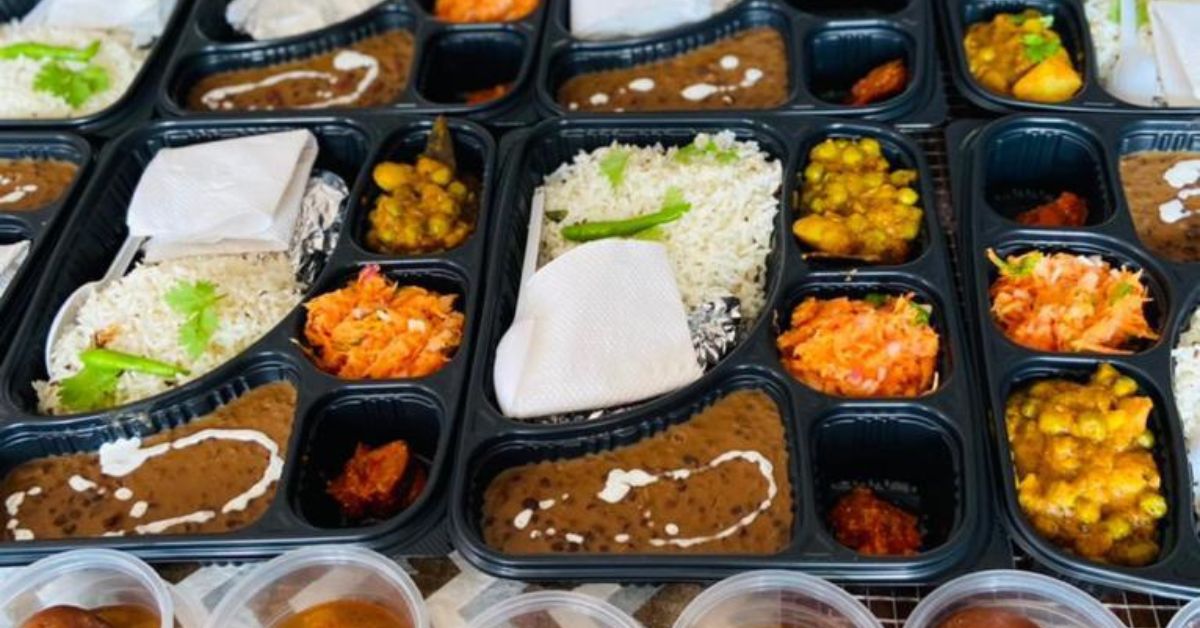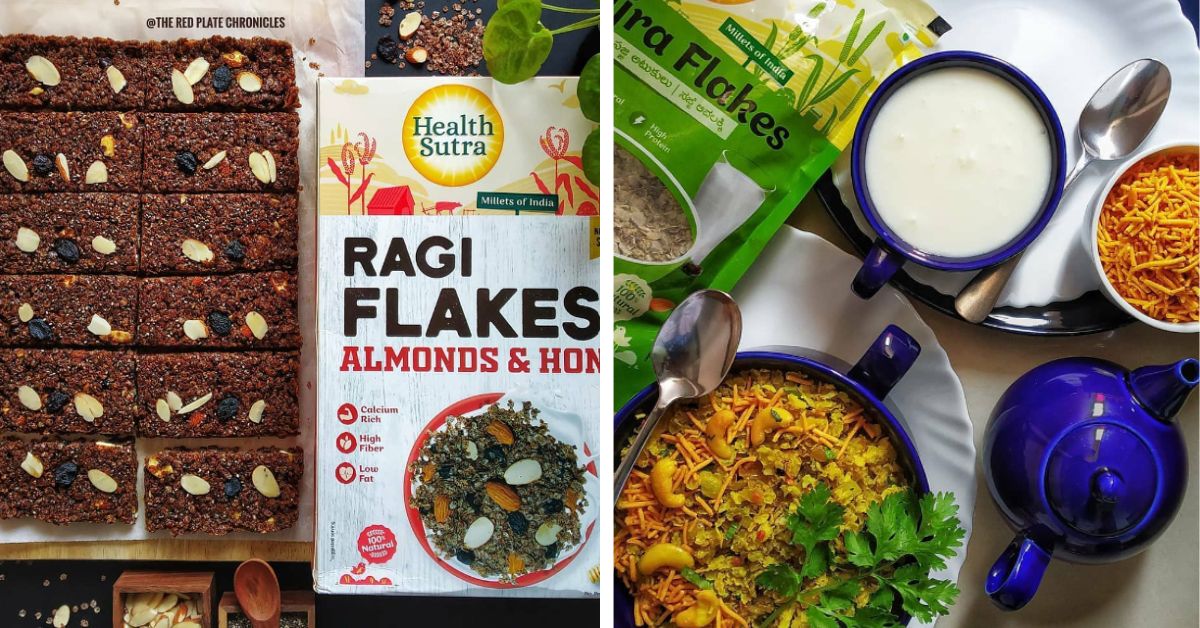How to Start a Food Business in India? 5 Successful Entrepreneurs Share Lessons
From finding your target customers to unlocking the power of family recipes -- these food entrepreneurs have a few secrets to share!

Have you ever found yourself at the dinner table engaged in a lively discussion about how a particular dish cooked by your mother is simply the best? These conversations often escalate to making grand plans about opening a food stall or business and making millions!
While such plans are commonly made, they often fail to materialise. However, if you’re one of those individuals willing to take the leap but unsure where to start, we’ve got your back.
We’ve done some homework for you by speaking to different food entrepreneurs. These individuals have successfully run their businesses and are eager to share some interesting tips!
1. Find your target consumers
When Shekhar Mittal left his hometown Aligarh and moved to Bengaluru, what he missed the most was his mother’s homemade food.
“I craved her cooking. I struggled to adjust to the food, and soon I realised that I was not the only one. So I wondered how this section of the food industry can be tapped into,” he says. He founded ‘Maa Ka Dulaar’ and incubated over 100 mothers and homemakers to cook homestyle food.
Maa ka Dulaar has served more than one lakh meals so far. Their menu is a mix of vegetarian and non-vegetarian food.

2. Turning hurdles into opportunities
While Geeta Patil’s inspiration and love for cooking comes from her aai (mother), it was a necessity to feed her family that led her to start a food business.
In 2016, her husband lost his job and the family was fending for financial support. While Geeta was a homemaker for most of her life, she decided to convert this challenge into an opportunity.
From 2016 to 2020, the business was run from the home kitchen, without any formal branding.
In 2021, with her son Vinit, she formally launched Patil Kaki —- a brand that sells modak, puranpoli, chakli, poha, chivda and much more. At the time of the interview, she had over 3000 customers and earned Rs 1 crore annually, at the time of interview with The Better India.
3. Tapping the right food
Sai Krishna Popuri, the founder of Health Sutra, a millet-based startup, was always interested in starting a food business. However, he lacked direction. After completing his engineering from IIT-Delhi, he started to work a corporate job while looking for ideas.
It was around this time that his father developed diabetes and was advised to consume millet. “To know more about them, I spoke to an aunt who worked in the food science department at a university in Andhra Pradesh. She was the one who told me how they are poised to become the next big thing,” he says.
Going with his gut and his aunt’s advice, he started Health Sutra and true enough, even the Indian government designated it as the “Year of Millets”. The company sells cereal flakes such as Jowar Flakes, Ragi Flakes, and Barley Flakes, as well as seven different types of rava for idli and upma, and biscuits made from ragi and jowar. The brand has clocked an impressive annual revenue of Rs 2.5 crores since its inception.

4. Unlocking the power of family recipes
In an effort to revive authentic Kashmiri cuisine in Srinagar, Ruhab Lateef Mir fought resistance from her family to start a food business. It was the power of her heirloom dishes that made her get success and love from the region.
She used the traditional recipe of Shahi Sheera — a traditional beverage of Kashmir made with berries passed down to her by her great-grandmother. The reason for choosing this dish, she says, was “because it was almost completely extinct” from Kashmiri cuisine.
Since the launch of her brand ‘Khyen Khoardan By Ruhab’, she has received orders from over 100 weddings.
5. Quality and affordability
Murali Gundanna, the founder of Food Box, uses his grandmother’s recipes to sell affordable food across Mysuru. His fundamental rule to success? Giving quality food at affordable prices.
The food business sells a wide variety of food items such as ghee palak dal khichdi with raita, balekai bajji, kesari bhat, puliyogare, kheer and thatte idli.
Murali offers breakfast, lunch, dinner, and snacks at affordable prices starting from only Rs 70 per meal. He believes in redefining the quality of food with balanced nutritional value at an affordable price. As per Murali, 30 percent of Food Box’s regular customers are doctors, and a majority order food daily.
(Edited by Padmashree Pande)
If you found our stories insightful, informative, or even just enjoyable, we invite you to consider making a voluntary payment to support the work we do at The Better India. Your contribution helps us continue producing quality content that educates, inspires, and drives positive change.
Choose one of the payment options below for your contribution-
By paying for the stories you value, you directly contribute to sustaining our efforts focused on making a difference in the world. Together, let's ensure that impactful stories continue to be told and shared, enriching lives and communities alike.
Thank you for your support. Here are some frequently asked questions you might find helpful to know why you are contributing?













